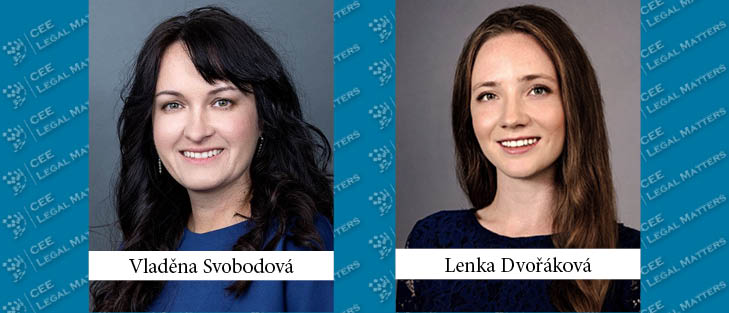The long-standing dispute between Illumina/GRAIL and the European Commission has now ended. The Court of Justice has set definitive limits on the broad interpretation of Article 22 of Council Regulation No. 139/2004 on the control of concentrations between undertakings.
What is this article about? A Member State may request the European Commission to review "any concentration that is capable of affecting trade between Member States and threatens to significantly impede effective competition" within the territory of that Member State.
The European Commission has increasingly interpreted this well-known article more broadly, arguing that in recent years, an increasing number of transactions, especially in the digital and pharmaceutical sectors, have evaded merger control by competition authorities.
A major turning point occurred in September 2024, when the Court of Justice addressed the interpretation of vague legal terms. The judges reiterated the fundamental legal principles for interpreting European law and, citing the principles of legal certainty, predictability, and the one-stop-shop principle, ruled that "it is not possible for the European Commission to review a transaction under Article 22 if that transaction does not meet the thresholds (turnover criteria) for review under the legal orders of the Member State."
The Court of Justice pointed out that if the practice or the European Commission requires broader merger control, it should establish an appropriate legislative framework. Problematic concentrations between undertakings can be addressed by other means, for instance, Article 102 of the Treaty on the Functioning of the European Union, which prohibits the abuse of a dominant position in the internal market.
In conclusion, it is interesting to compare the Court's current interpretation of Article 22 and the upcoming amendment to the Czech Competition Act, which we wrote about recently.
According to the upcoming amendment to the Czech Competition Act, the Office for the Protection of Competition is expected to gain the ability to assess concentrations between undertakings, even if they do not meet the required financial turnover thresholds, and this would apply even retroactively. Will the conclusions of the Court of Justice be reflected in the proposed amendment?
By Vladena Svobodova, Senior Associate, and Lenka Dvorakova, Junior Lawyer, JSK, PONTES


